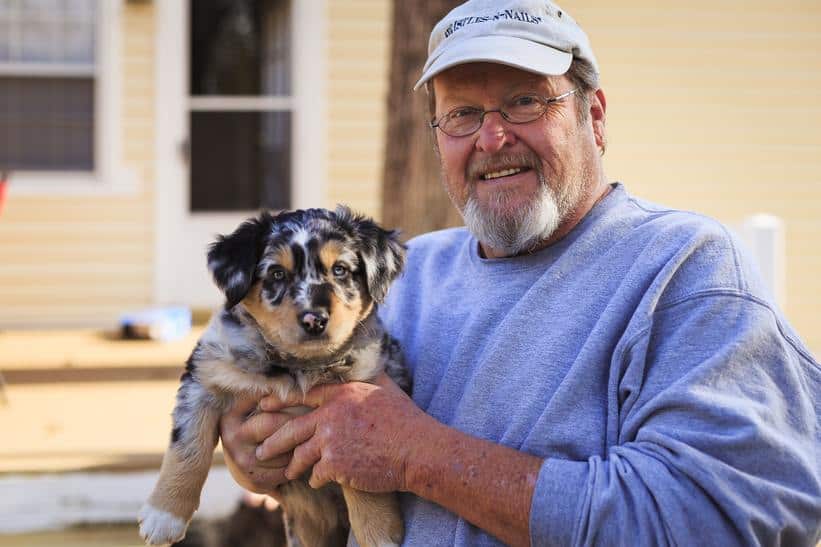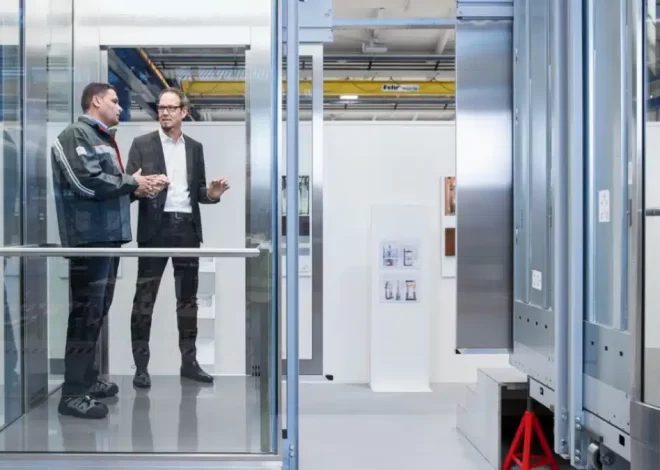
Taming Aggression Dog Aggression Training in Charlotte, NC
Dealing with a dog displaying aggression can be a daunting and concerning experience for any pet owner. In Charlotte, NC, where the community values responsible pet ownership, addressing and managing dog aggression is essential for maintaining safety and harmony. In this comprehensive guide, we’ll explore effective dog aggression training techniques tailored specifically for Charlotte, NC residents, providing invaluable insights and resources to help you address this challenging behavior and foster a peaceful coexistence with your canine companion.
Understanding Dog Aggression in Charlotte, NC
Dog aggression encompasses a wide range of behaviors, including growling, barking, lunging, and biting. While aggression can be triggered by various factors such as fear, territoriality, or resource guarding, addressing it promptly is crucial to prevent potential harm to people or other animals in the community.
Recognizing Types of Dog Aggression
- Fear Aggression: Dogs may display aggression when they feel threatened or scared, often in response to unfamiliar people, animals, or situations.
- Territorial Aggression: Dogs may become aggressive when they perceive a threat to their territory or perceived resources, such as food, toys, or sleeping areas.
- Dominance Aggression: Dogs may exhibit aggression as a means of asserting dominance or control over people or other animals in their environment.
- Redirected Aggression: Dogs may redirect their aggression onto nearby people or animals when unable to reach the source of their frustration or arousal.
Effective Dog Aggression Training Techniques in Charlotte, NC
1. Positive Reinforcement
Positive reinforcement techniques focus on rewarding desired behaviors while ignoring or redirecting unwanted behaviors. However dog aggression training charlotte nc, positive reinforcement is particularly effective due to its emphasis on building trust and strengthening the bond between you and your dog.
2. Counterconditioning and Desensitization
Counterconditioning involves changing your dog’s emotional response to a particular trigger by associating it with something positive, such as treats or praise. Desensitization involves gradually exposing your dog to the trigger at a low intensity and gradually increasing exposure over time as they become more comfortable.
3. Behavior Modification
Behavior modification techniques involve addressing underlying issues contributing to aggression through training, management, and environmental changes. This may include teaching alternative behaviors, setting clear boundaries, and managing triggers to prevent escalation of aggressive episodes.
4. Seeking Professional Help
In cases of severe or persistent aggression, seeking assistance from a professional dog trainer or behaviorist in Charlotte, NC, is highly recommended. These experts can assess your dog’s behavior, develop a customized training plan, and provide ongoing support and guidance to address aggression effectively.
Tailoring Training to Your Dog’s Needs in Charlotte, NC
Every dog is unique, and addressing aggression requires a personalized approach tailored to your dog’s specific triggers, temperament, and behavior. In Charlotte, NC, understanding your dog’s individual needs and providing consistent, compassionate training is essential for success.
1. Identifying Triggers
Identifying the triggers that provoke your dog’s aggression is the first step in addressing the behavior. Whether it’s encounters with other dogs, strangers, or specific situations, understanding what sets off your dog’s aggression allows you to implement targeted training strategies.
2. Creating a Safe Environment
Creating a safe and predictable environment for your dog is essential for managing aggression. This may involve using baby gates or crates to separate your dog from potential triggers, providing plenty of mental and physical enrichment, and avoiding situations that may provoke aggression.
Utilizing Resources for Dog Aggression Training in Charlotte, NC
Charlotte, NC, offers a variety of resources and support services to assist dog owners in addressing aggression and promoting responsible pet ownership.
1. Professional Dog Trainers and Behaviorists
Seeking guidance from certified dog trainers or behaviorists specializing in aggression can provide invaluable support and expertise. These professionals can assess your dog’s behavior, develop a tailored training plan, and offer ongoing guidance to help you address aggression effectively.
2. Behavior Modification Classes
Many dog training facilities in Charlotte, NC, offer behavior modification classes specifically designed to address aggression and other behavioral issues. These classes provide structured training in a controlled environment, allowing dogs to learn and practice new behaviors safely.
3. Support Groups and Workshops
Joining support groups or attending workshops focused on dog aggression can provide additional resources and support from fellow dog owners facing similar challenges. These forums offer opportunities to share experiences, exchange tips, and receive guidance from experienced trainers and behaviorists.
Conclusion: Cultivating Peaceful Coexistence
In conclusion, dog aggression training in Charlotte, NC, is a multifaceted endeavor that requires patience, understanding, and dedication. By employing effective training techniques, tailoring your approach to your dog’s individual needs, and utilizing the resources available in Charlotte, NC, you can address aggression and foster a peaceful coexistence with your canine companion. Remember, addressing aggression is a gradual process that requires consistency and compassion, but with time and effort, you can help your dog overcome their challenges and build a stronger bond based on trust and mutual respect.
#







